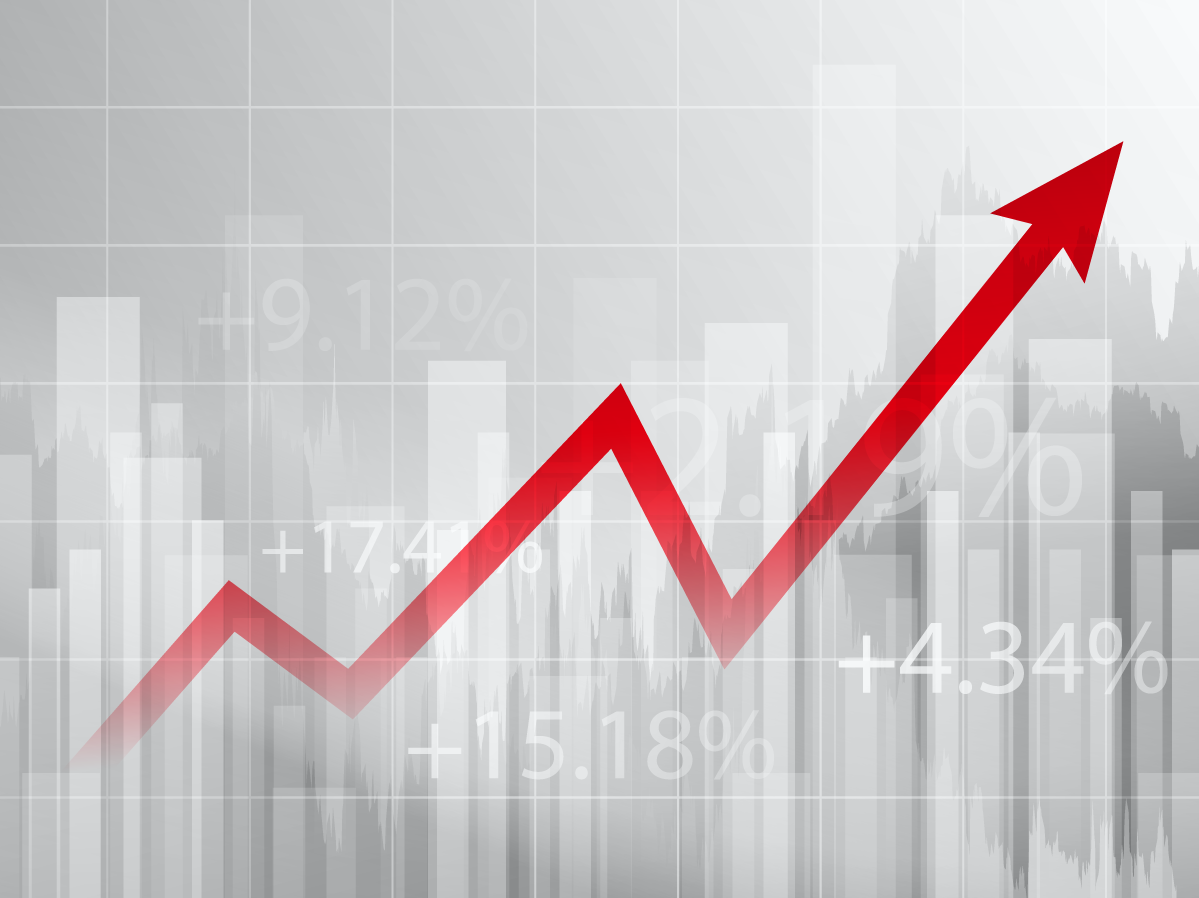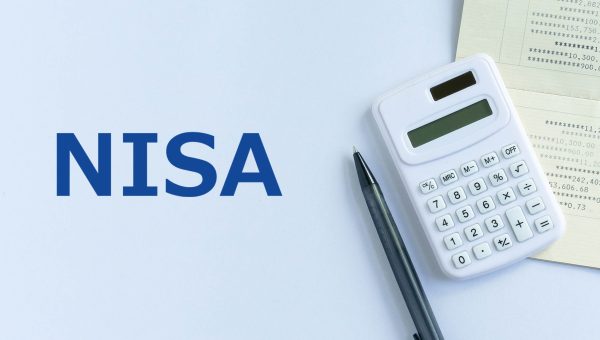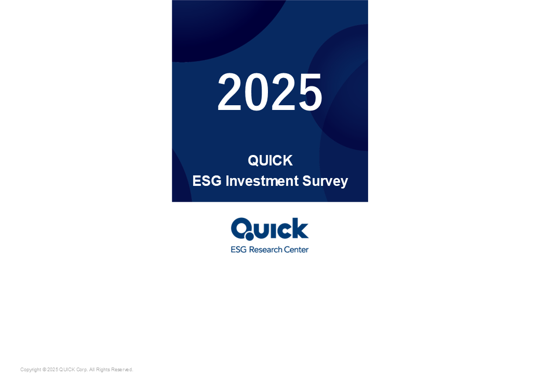Japan Markets ViewWhich Companies Commit to Share Buybacks? – Implementation Rate Below Average for the Current Period
Aug 31, 2022

[Nikkei QUICK News] The largest buyers of Japanese stocks in the first half of 2022 (January to June) were “business companies.” Many companies announced share buybacks, creating an impression of relative resilience in Japanese stocks compared to the U.S. counterparts. In many cases, announcements of share buybacks serve as a message from the companies to investors that the current stock price level is undervalued, which helps boost the stock prices. However, whether or not companies are actually buying back their own shares depends on each company.
Some Companies Implement Share Buybacks and Others Do Not
The setting of acquisition limits for share buybacks is most concentrated in April and May, when companies announce their financial results for the fiscal year ending March 31. According to Chizuru Morishita, a researcher at NLI Research Institute, the acquisition limits set by the TOPIX constituents during the same period totaled JPY4,193.1 bn, approximately double the amount set in FY2021. This is five times the amount in FY2020, when the outlook became increasingly uncertain in the wake of the COVID-19 pandemic, and about 17% larger than in FY2019, before the outbreak of COVID-19.
Share buybacks have the effect of reducing the number of shares circulating in the market, tightening supply and demand, increasing earnings per share (EPS), and improving return on equity (ROE). Along with dividend increases, share buybacks are considered to be one of the most effective ways to return profits to shareholders.
It is a sign of a company’s commitment to shareholder returns, and many investors consider it a matter of course that the set acquisition limits will be fulfilled. CANON (7751), which unveiled its plans to buy back up to JPY50 bn worth of its own shares, and KUBOTA (6326), which set the buyback limit at JPY20 bn, have already bought back almost all of the shares within their allotted amount. On the other hand, some companies announced plans to buy back their own shares but have not actually embarked on such purchases at all.
In FY2021, FANUC (6954) set a maximum buyback limit of JPY50 bn, but did not buy back any shares. The company stated that the purpose of the share buyback was “to ensure flexibility and mobility of capital policy.” FANUC explained that it did not implement the buyback in FY2021 based on “comprehensive consideration of capital policy and business strategy that would contribute to medium- to long-term enhancement of shareholder value and corporate value.” The implementation rate of the share buyback (with the limit up to JPY50 bn), which was announced again in March of this year, was approximately 20% as of the end of May. The buyback period is set to expire at the end of March 23, 2023.
Implementation Rate Below Average
Ms. Morishita of NLI Research Institute estimates that the TOPIX constituents that set a buyback limit in April and May had repurchased JPY719.6 bn worth of shares by the end of June. The implementation rate is 30.9%, which is below the average for the past three years of 38.2%. Ms. Morishita says, “The progress of companies with large set amounts has a large impact, and many companies have set acquisition periods of six months to one year. Therefore, we will pay close attention to their future progress.”
Makoto Sengoku, a Senior Equity Market Analyst at Tokai Tokyo Research Institute, says, “Companies stating that the purpose of share buybacks is ‘return to shareholders’ are encouraged to implement alternative measures to provide equivalent returns, such as payment of dividends, if they fail to fulfill their limit.” There is no problem even if companies do not use up their announced share buyback limit, and it is possible that they have allocated the funds for other purposes, such as improving their corporate value. However, investors expect companies to “make good on their word,” making it essential for companies to carefully explain the use of their funds.
(Reported on August 15)
QUICK Provides Share Buybacks Data via API
QUICK compiles proprietary data on historical share buyback collected from corporate disclosures and provides it via API. The data includes publicly disclosed information such as date of board resolution, number of shares purchased, and method of purchase, as well as implementation rate calculated by QUICK. It can be used to forecast the timing of corporate share buybacks based on historical data for more than 20 years.
Share Buybacks Data on QUICK Data Factory
https://corporate.quick.co.jp/data-factory/en/product/data029/




